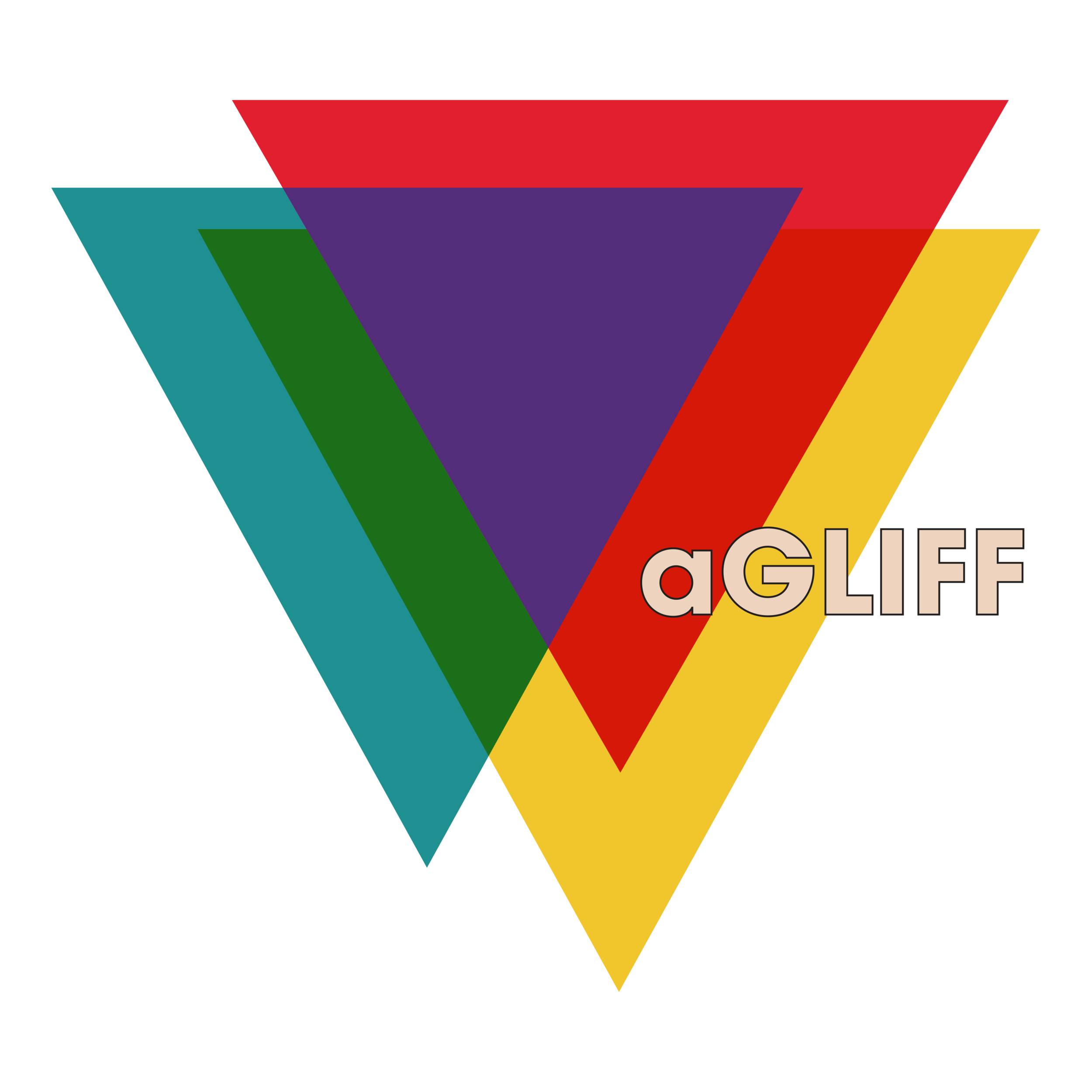Fleeing #VirtualSundance

From the pandemic desk of the artistic director,
I’ve been attending my eighth Sundance this year, which involves me sitting on my couch watching my giant screen TV, so pretty much the way I've spent the last year anyway. I’ve seen a lot of great films, and some I hope to be able to bring back for us at Prism. The animated feature Flee — which Neon picked up — follows an Afghani refugee as he makes his way to Denmark. A harrowing and honest story, the hand drawn animation style allows the story of persecution and escape to somehow strike closer to the heart. Filled with 80s pop music and the fear of growing up gay in Afghanistan, Flee is a documentary that jumps off the screen. I also got a chance to Ma Belle, My Beauty, a film about a New Orleans polyamorous triad in the hot Summer countryside of France. The best Queer film though was another corset-ripping lesbian period-piece, The World To Come, with glorious cinematography, picture-perfect costumes and settings, and intense romance that plays out in, around and between the pages of what can be written in a diary in 1856. The ending is both tragic and beautiful, and I know this is going to be one of the hottest titles of the year. I managed to see something like 40 films but unfortunately this Sundance was a little light on LGBTQIA material. I’m off to Rotterdam next, strangely also located on my couch.
I hope everyone enjoyed Cicada last month and I’m really excited to be able to partner with both the Austin Jewish Film Festival and Austin Black Pride on our next monthly screening, Tahara. For Black History month, I wanted to showcase a film with both a Queer Black director and a Queer Black lead that speaks to the modern social landscape. When someone faces the intersectionality of being Black, Queer, and Jewish, like in Olivia Peace’s film, it really gives an opportunity to break apart the stigma of ‘otherness.’ Tahara forces its characters scene after scene into situations in which they stumble with language and must face their shortcomings. The film won the inaugural NewFest Directorial Feature Debut Black LGBTQ+ Filmmaker Award as well as having screened at Outfest, Frameline, Inside Out, and Slamdance. I’m so excited to bring it to aGLIFF as my first official programming choice.
Finally, if you like watching Queer movies as much as I do, and maybe want to go to this year’s festival for free, or maybe you just wanna brag about having seen all the movies before everyone else, you might be interested in being on our Program Selection Committee. I'm looking for people to join our already awesome group, many of whom have been watching films for aGLIFF for more than five years. About 40 hours of film viewing will get you a badge for the 2021 fest, and its pretty darn fun too. I’m especially looking for BIPOC film fans and those of you in the 18-35 year old bracket. Want to chat about it? Email film@agliff.org for more information.
That’s it for now.
Power and Light,
Bears Rebecca Fonté


